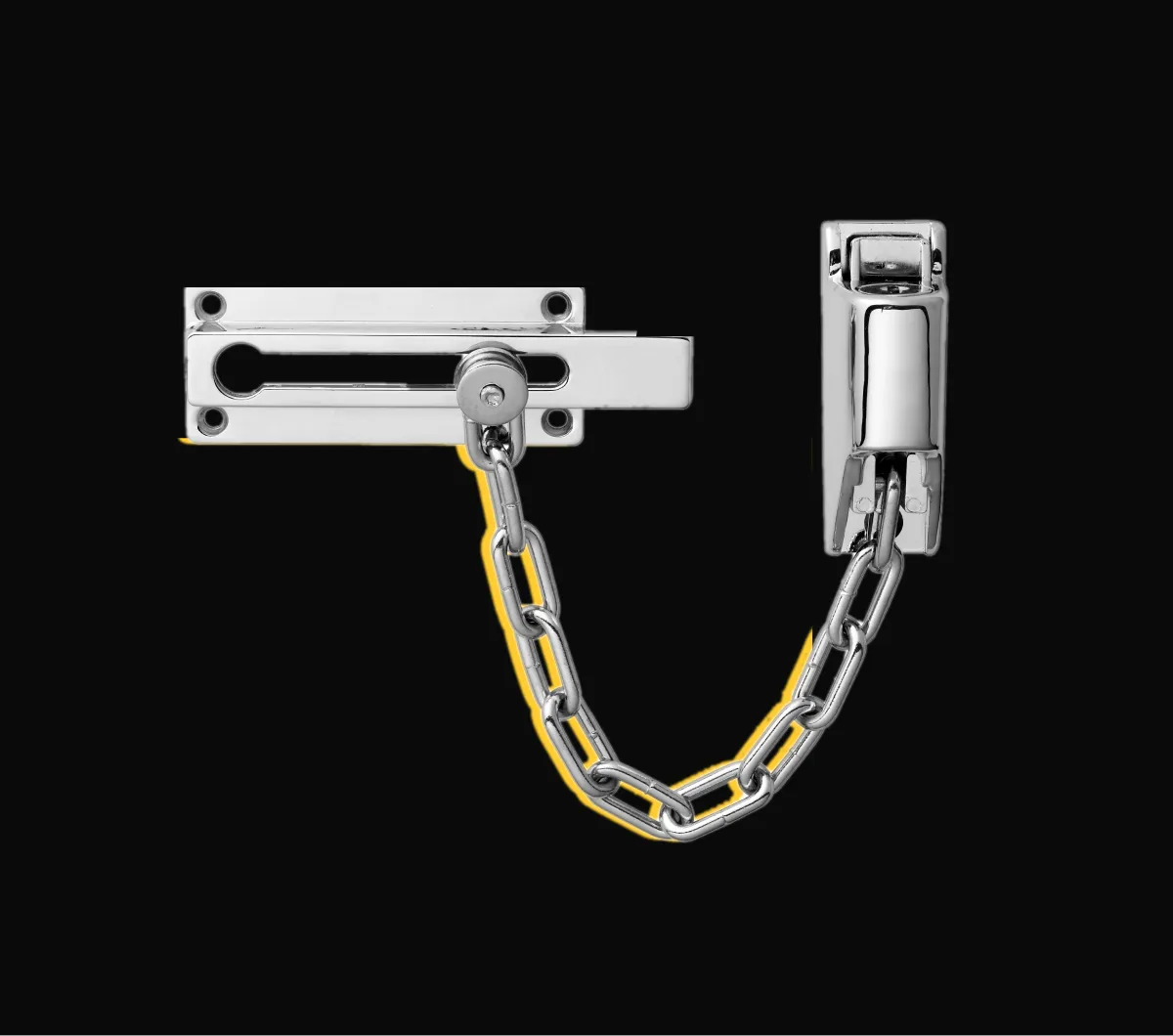WHY IS ONLINE PRIVACY SO IMPORTANT?
Intrusion into your privacy on the Internet is a real danger. Attackers can hack into your email, steal your identity, spread your health information without your knowledge, or give your banking details to third parties.
The risks are much greater than most people think. The use of big data suggests that your search history can be analyzed and used to draw conclusions about your private affairs. Let’s say a girl orders a folic acid supplement and a fragrance-free moisturizer. Based on her purchases or search history, marketers can deduce that she is expecting a baby and send maternity promotional materials to her mailbox.
If she lives with her parents or has not yet told her partner about her pregnancy, she is unlikely to appreciate such attention.
This is just one of many examples proving that online privacy is more than protecting your banking or social media account. Every time you enter a website or download an app, your data is stored, possibly without your consent. Most of the time you are not even aware of it.
HOW TO KEEP YOUR PERSONAL DATA PROTECTED?
- MAINTAIN A SECURE CONNECTION
One of the first steps to protecting your personal data is making sure your connection is secure.
Set strong passwords
It’s quite simple. On your home router, you need to have a strong password that is difficult to guess.
Be careful with free Wi-Fi
Free Wi-Fi is now available in many caffes, hotels and other public places – you can surf the Internet almost from anywhere. But be careful: public Wi-Fi is extremely insecure. Do not use public Wi-Fi for paying for your purchases, transferring funds or sharing sensitive data.
Use VPN
Use a virtual private network (VPN) to protect your Wi-Fi from being hacked. This technology establishes an encrypted connection between your device and a server. With its help, you will hide your actions on the Internet from prying eyes.
Use reliable messengers
Some online messengers are very unreliable in terms of privacy. For example, your Facebook conversations are not secure until you turn on the “Secret Chat” mode. This feature is only available on the Facebook Messenger app for iPhone and Android and is not available on the web. On the other hand, WhatsApp and Viber use encryption, so they are much more secure. - RESIST THE SURVEILLANCE
Use Private Mode
To prevent Google and other organizations from tracking your search history, switch your browser to private mode. In Chrome it’s called Incognito Mode, in Firefox it’s called Private Browsing. If you are sitting at a shared computer or using a friend’s computer as a guest, private mode will come in handy: your data will not be saved on someone else’s device, and then your friend will not watch your contextual advertising.
Use VPN
But your ISP (internet Server Provider) will still be aware of your activities. If you don’t want that either, this is a reason to think about VPN again. Will a VPN secure your connection? Yes. Will a VPN protect you from a prying ISP? Yes.
In addition, you will not be tracked using cookies and other methods, because the VPN also masks your IP address – therefore, no one will know where your traffic is coming from.
Log out
Finally, don’t forget to log out of your accounts when you’re not using them. It is not enough to simply close the tab in the browser. For example, Facebook tracks its users even when it’s not open. - JUST DON’T SHARE EVERYTHING!
Do not publish sensitive information
Think about how the personal information you share on social media can affect your security. For example, you are enjoying your vacation and decided to share it with your friends, which is quite normal. But burglars can also appreciate this news.
If you choose your mother’s maiden name, first car, or your pet’s name for your bank security questions, don’t post that information on social media.
Manage your privacy settings
Carefully monitor what information is automatically visible to other users of social platforms. It could be your location or who you are currently hanging out with. Many people don’t realize that the “About Me” field contains enough information for fraudsters to successfully steal personality or perform a social engineering attack.
Have you indicated your date of birth so that your friends know when to congratulate you? Note that this information is used as an identifier in online banking and other confidential accounts.
IN A NUTSHELL
Information is money. This is the main reason why your personal data is at risk.
Advertisers are after your browser search history – they can profit a lot from this data and it’s perfectly legal.
However, scammers can also use any information that you post on the web. Therefore, it is very important to concentrate on the security aspects of your online life.
